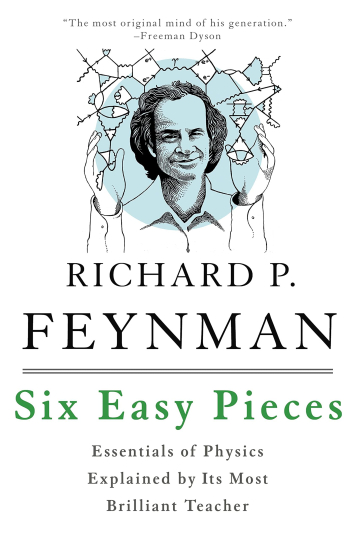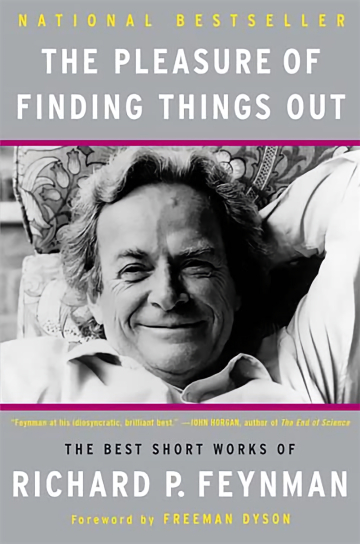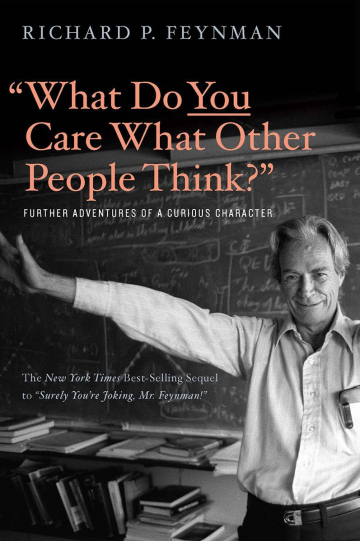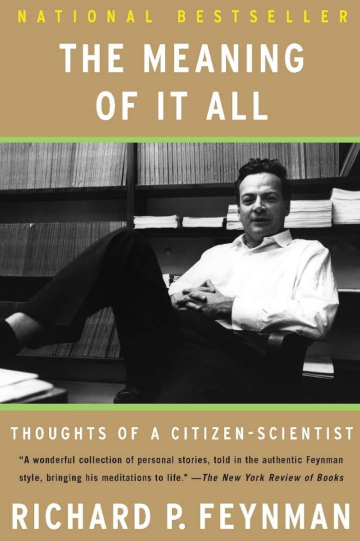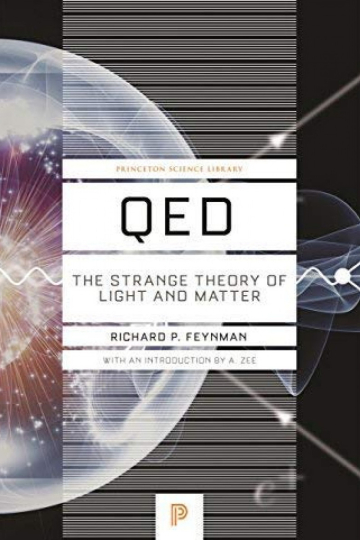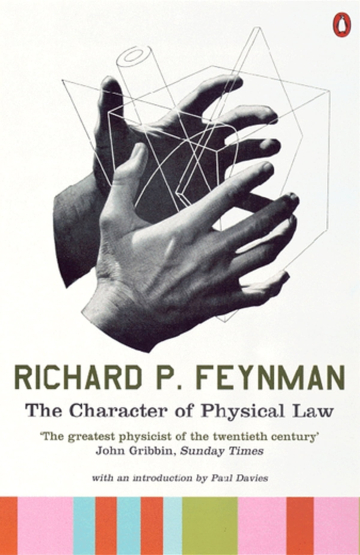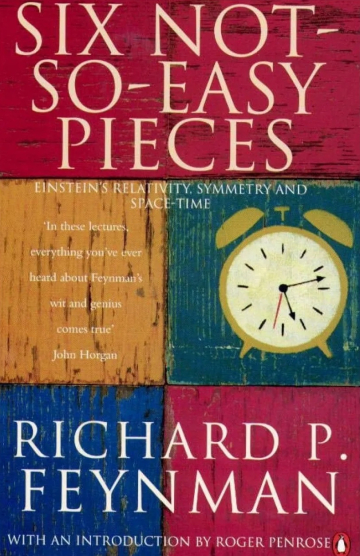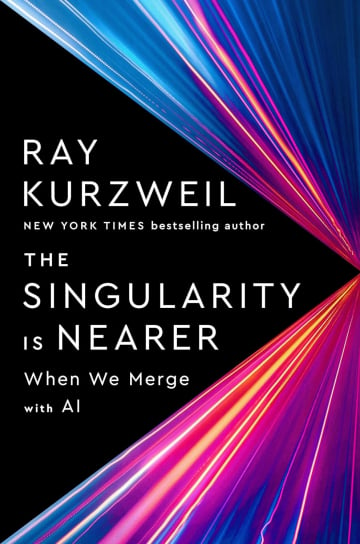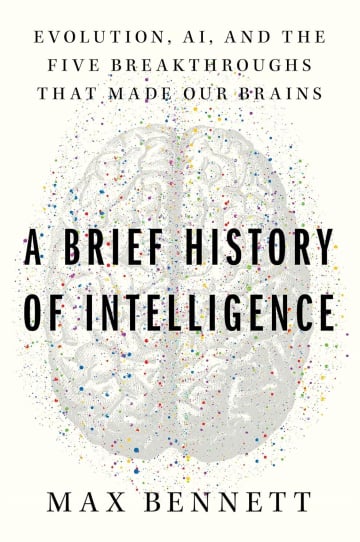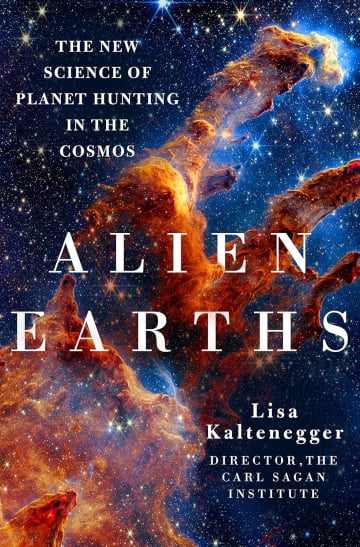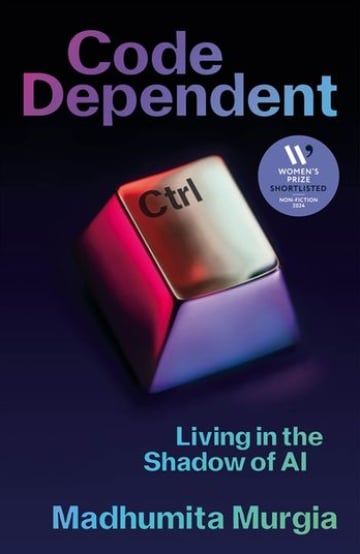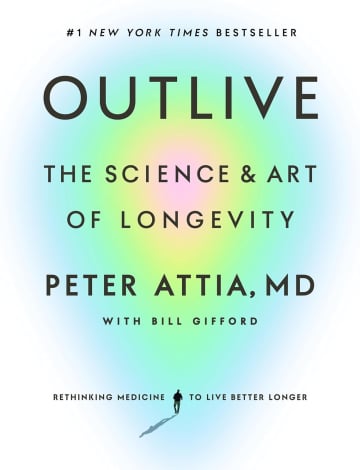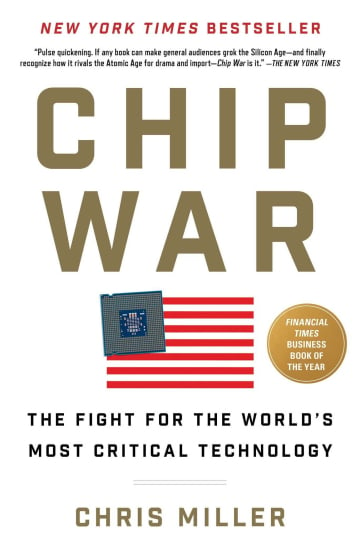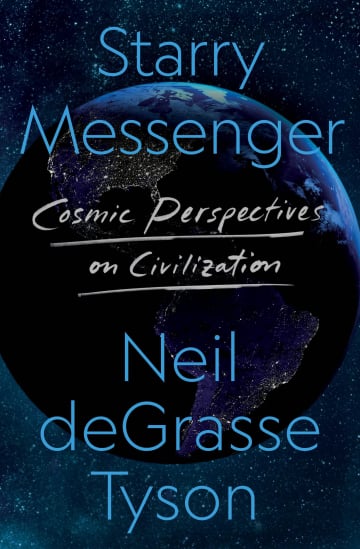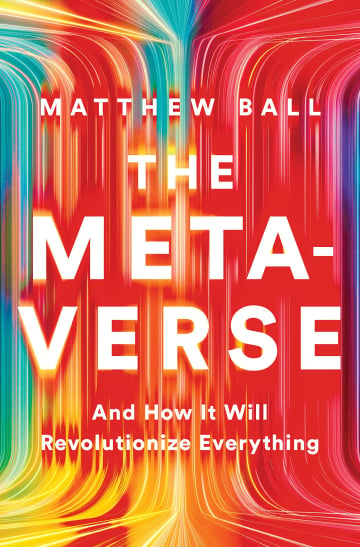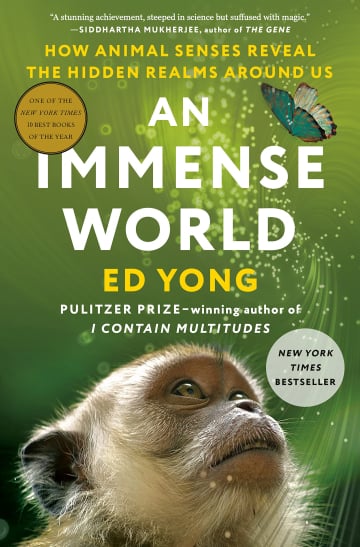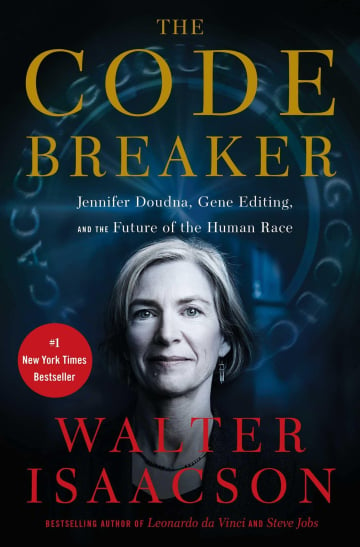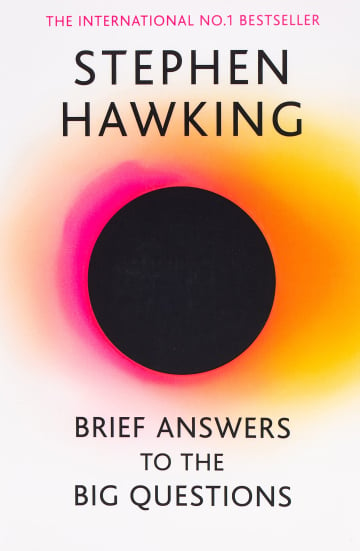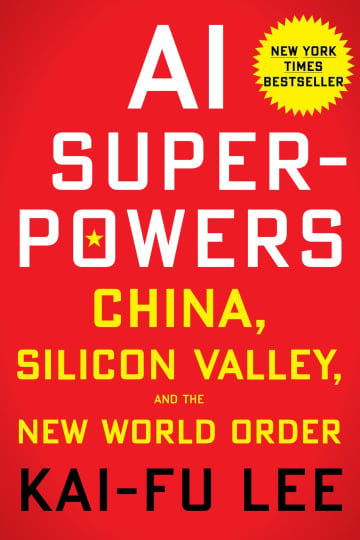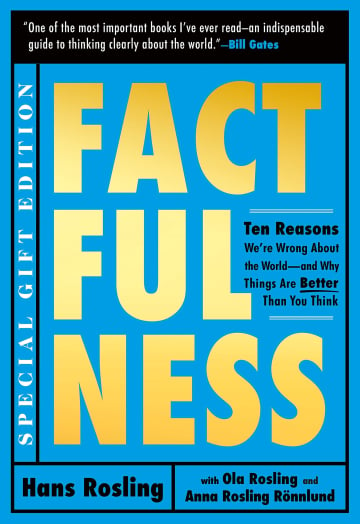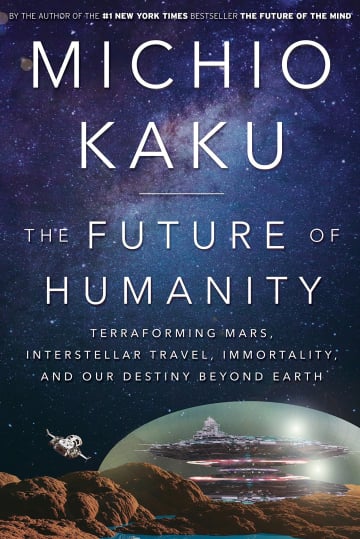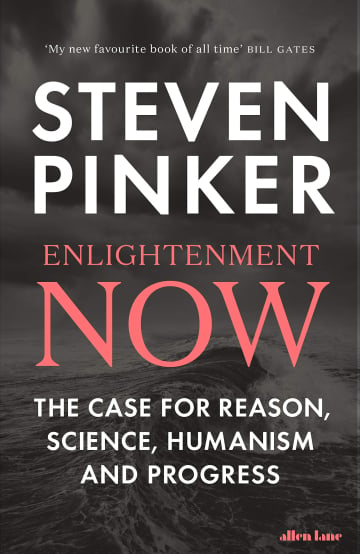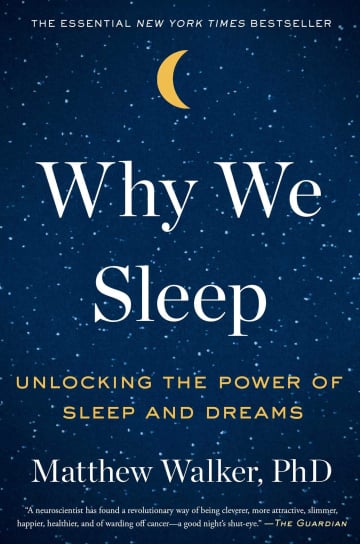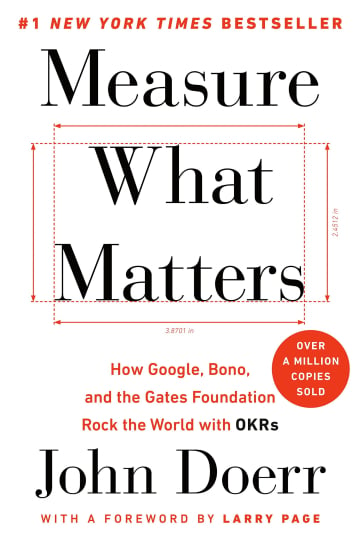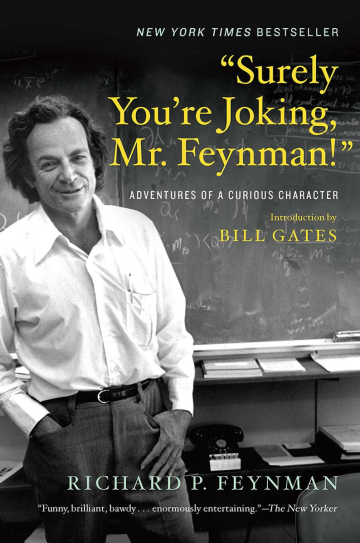
Surely You`re Joking, Mr. Feynman!
⚡️ 10 Quotes from the book
“I learned there that innovation is a very difficult thing in the real world.”
“I don’t know what’s the matter with people: they don’t learn by understanding; they learn by some other way–by rote, or something. Their knowledge is so fragile!”
“But that was my big moment: I gave a seminar in the biology department of Harvard! I always do that, get into something and see how far I can go.”
“That’s the trouble with not being in your own field: You don’t take it seriously.”
“You have no responsibility to live up to what other people think you ought to accomplish. I have no responsibility to be like they expect me to be. It’s their mistake, not my failing.”
“I’ll never make that mistake again, reading the experts’ opinions. Of course, you only live one life, and you make all your mistakes, and learn what not to do, and that’s the end of you.”
“With art, nobody is really sure of its value, so people often think, ‘If the price is higher, it must be more valuable!”
“I feel that human beings should treat human beings like human beings.”
“The first principle is that you must not fool yourself– and you are the easiest person to fool. So you have to be very careful about that. After you’ve not fooled yourself, it’s easy not to fool other scientists. You just have to be honest in a conventional way after that.”
“So I have just one wish for you–the good luck to be somewhere where you are free to maintain the kind of integrity I have described, and where you do not feel heed by a need to maintain your position In the organization, or financial support, or so on, to lose your integrity. May you have that freedom.”
Related videos
Follow the author
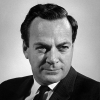
Richard P. Feynman
Richard P. Feynman was a renowned American theoretical physicist, known for his work in quantum mechanics, quantum electrodynamics, and particle physics. Feynman made significant contributions to the development of the atomic bomb during World War II as part of the Manhattan Project and later won the Nobel Prize in Physics in 1965.
Publications
The Guardian: Surely you're joking, Mr Feynman by Richard Feynman - review
The New York Times: PRANKS OF A NOBEL LAUREATE
The Washington Post: Physicist Richard Feynman is hero of new graphic novel
Ask Albert:
Rate the book
⚡️ Discover Even More Bookish Wisdom
recommends
recommends
recommends
recommends
